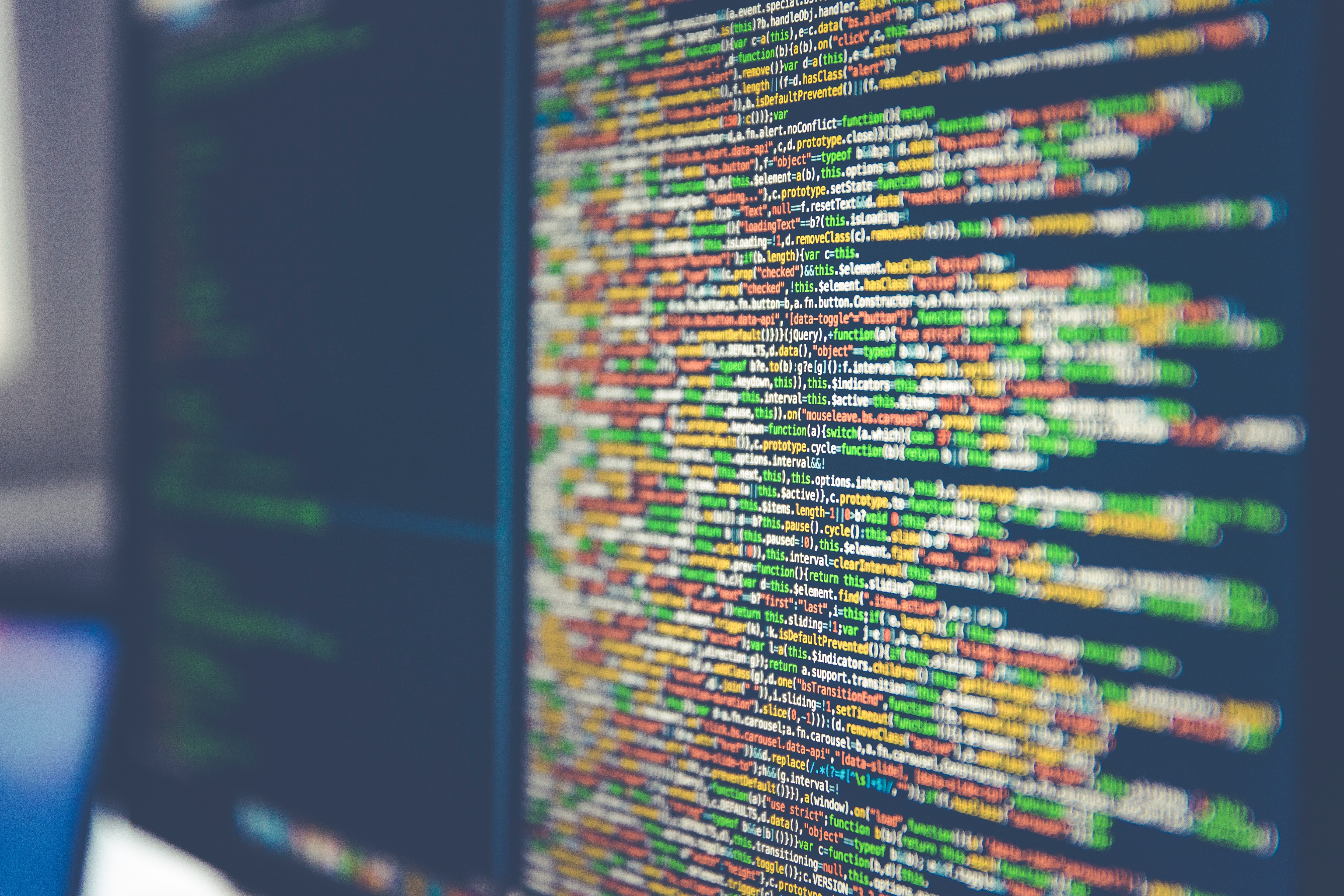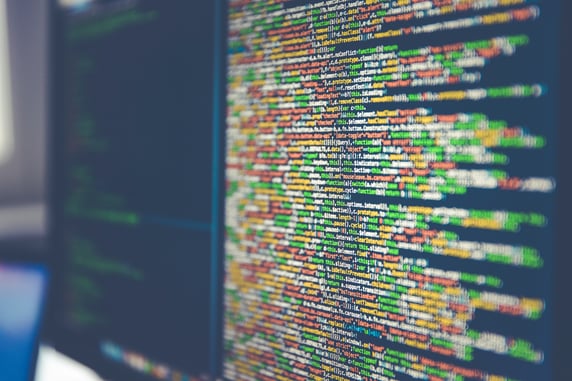
Technological innovation seems to be making everything smarter these days. From smartphones to talking speakers, one can’t help but sometimes wonder what the future holds. Perhaps even more amazing is the mind-boggling pace at which things are changing.
In a broad historical context, it really wasn’t that long ago that computers and cell phones became ubiquitous. Now, cars can drive themselves and refrigerators can send us a friendly reminder when all the eggs are gone or the milk has expired.
But it appears the future will explode with innovation at an even faster rate as artificial intelligence and other technological innovations profoundly affect both our personal and business lives. And at ContractSafe, we’re making sure that contract management software keeps getting smarter, too.
In this article, we’ll take a look at what a “smart contract” is, how it compares to a traditional contract, and the use of AI technology in contract management tools.
What is a Smart Contract?
In the business world, debate about blockchain technology, cryptocurrency, and related concepts has been quite the rage. Each financial network devotes time and energy to discussing the pros and cons of the technology with various experts and investors. It’s now a daily ritual to check the price of bitcoin and argue about the relevance of the technology and the merits of investing in it.
Regardless of one’s position on the future of blockchain technology, one thing’s for sure – it is a movement that seems to have caught hold. And with this technology has come the concept of the “smart contract.”
But what exactly is a smart contract? Essentially, it can be defined as self-executing computer code included in the blockchain programming. In other words, the contracting process is more automated: the network of blockchain programming and computers monitor and enforce agreements without the necessity of an intermediary.
For example, for the purchase and sale of a product, the computer code could be written to validate whether the product was delivered on a particular date. If so, payment is transferred to the seller by the network of computers. If not, payment is refunded to the buyer.
Theoretically, these smart contracts are more efficient, save time, reduce conflict (because the payment is either transferred or it isn’t) and eliminate intermediaries (like lawyers or arbitrators).
The Current Reality for Smart Contracts
In the end, a smart contract really isn’t a contract at all. It is computer code written by a programmer, not legal language authored by a lawyer. While the idea is for the contract to be executed without the aid of third parties, such contracts are only effective with very straightforward transactions. Programmers use an “if/then” logic when programming a smart contract. The program examines only the programmed element, and doesn’t consider any extenuating circumstances.
Take the following “if/then” message as an example: If oil hits $50.00 per barrel, then buy 100 barrels. It’s simple at first, but the more complicated the agreement becomes, the more difficult it becomes to implement all the extra conditions using this type of programming logic. After all, even oil at $50 barrel opens up the question of “which exchange,” etc.
Contrasting Traditional Contracts, and Finding a Happy Medium
While it is understandable that people enjoy the theory of a dispute-free system, many traditional contracts have intentional flexibility to deal with dynamic circumstances and to address numerous possible (but not definite) contingencies and other complicated factors.
Let’s say a service provider promises to provide requested services within a “reasonable time” of being contacted. This could arguably take into account dozens of circumstances the parties haven’t even thought about. What if a flood disrupts the service? Or what if the programming doesn’t comply with the law of the jurisdiction in which a dispute arises? Even those in favor of smart contracts recognize that some circumstances require a decision from another authority.
Artificial Intelligence to the Rescue
While “smart contracts” as defined by the blockchain world might not always pass muster for complex cases, we still can have smarter contracts. The progression of AI promises a bright future for contract management tools. Artificial intelligence will learn from previous searches, perform with greater efficiency, promote a greater analysis of a company’s contracts, and even author new contracts.
And while all of the promises of AI are not quite here, ContractSafe is way ahead of the curve with ContractSafe [AI]ssistant. With the implementation of industry-leading artificial intelligence software for automatic data extraction, ContractSafe will automatically set up your contracts! When you upload a new contract, [AI]ssistant will pull out key information and upload it into your ContractSafe account. Getting smarter with your contracts and contract management couldn’t be easier. For certain contracts, it reduces set up time by 90% (we have a customer who timed it!)
If you’re looking to embrace technology, create smarter contracts, and enjoy an amazing array of contract management tools, then look no further. Best of all, ContractSafe is easy-to-understand, easy-to-use, and easy-to-implement. Your free trial is only one click away!


















